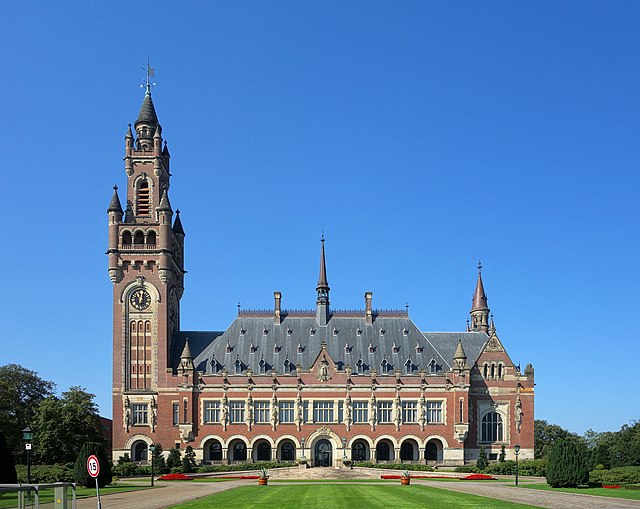Human rights are moral principles, or norms, for certain standards of human behaviour and are regularly protected as substantive rights in substantive law, municipal and international law. They are commonly understood as inalienable, fundamental rights "to which a person is inherently entitled simply because she or he is a human being" and which are "inherent in all human beings", regardless of their age, ethnic origin, location, language, religion, ethnicity, or any other status. They are applicable everywhere and at every time in the sense of being universal, and they are egalitarian in the sense of being the same for everyone. They are regarded as requiring empathy and the rule of law, and imposing an obligation on persons to respect the human rights of others; it is generally considered that they should not be taken away except as a result of due process based on specific circumstances.

Magna Carta or "Great Charter" was one of the world's first documents containing commitments by a sovereign to his people to respect certain legal rights.
U.S. Declaration of Independence ratified by the Continental Congress on 4 July 1776
Declaration of the Rights of Man and of the Citizen approved by the National Assembly of France, 26 August 1789
"It is not a treaty... [In the future, it] may well become the international Magna Carta." Eleanor Roosevelt with the Universal Declaration of Human Rights in 1949.
International law is the set of rules, norms, and standards generally recognized as binding between states. It establishes norms for states across a broad range of domains, including war and diplomacy, economic relations, and human rights. International law differs from state-based domestic legal systems in that it is primarily, though not exclusively, applicable to states, rather than to individuals, and operates largely through consent, since there is no universally accepted authority to enforce it upon sovereign states. States may choose to not abide by international law, and even to breach a treaty but such violations, particularly of peremptory norms, can be met with disapproval by others and in some cases coercive action ranging from diplomatic and economic sanctions to war.
The Hittite version of the Treaty of Kadesh, among the earliest extant examples of an international agreement
A portrait of Dutch jurist Hugo Grotius
Justices of the International Court of Justice in 1979
The Peace Palace in the Hague, which houses the International Court of Justice




!["It is not a treaty... [In the future, it] may well become the international Magna Carta." Eleanor Roosevelt with the Universal Declaration of Human R](https://upload.wikimedia.org/wikipedia/commons/thumb/2/24/Eleanor_Roosevelt_UDHR.jpg/640px-Eleanor_Roosevelt_UDHR.jpg)



